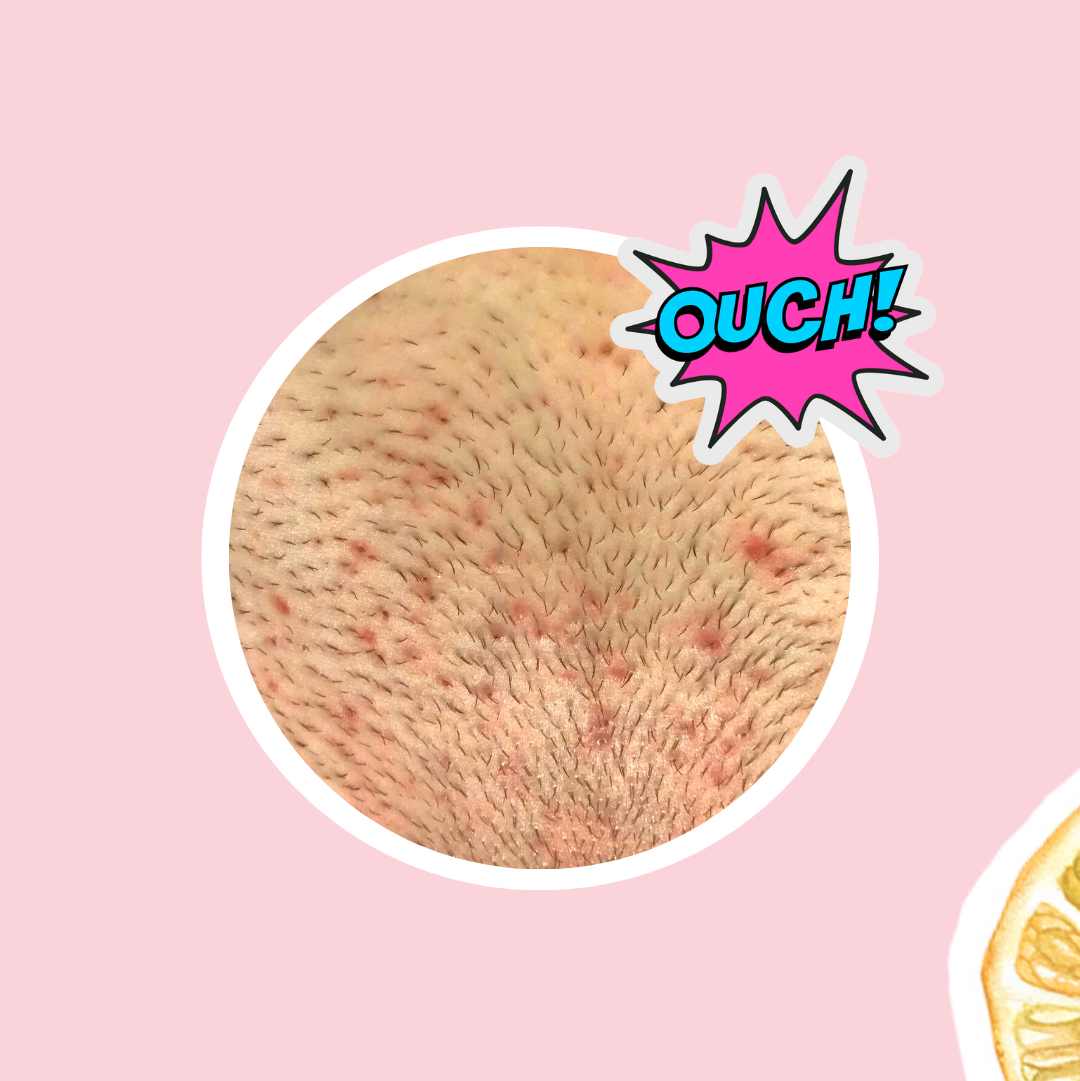Have you ever thought to yourself, “what’s an ingrown hair?”
In a nutshell, an ingrown hair is one that’s grown back into your skin instead of rising up from it. Sometimes, dead skin can clog a hair follicle, which then forces the hair to grow in sideways under your skin rather than up and out. (Those with curly hair are more likely to get ingrowns.) If you’re used to shaving, then you’ve probably noticed ingrown hairs on the calves and sides of the legs–these are some of the most visible areas that you’ll find them. Although, you can also get ingrown hairs in the armpits and pubic area.
Did you know that there are different types of ingrown hair? 




When it comes to dealing with pesky ingrowns, prevention is key. Keep reading for some helpful tips to keep in mind the next time you come in to get sugared.





To book your sugaring appointment – follow this link




 Booty V-Facial?
Booty V-Facial?

